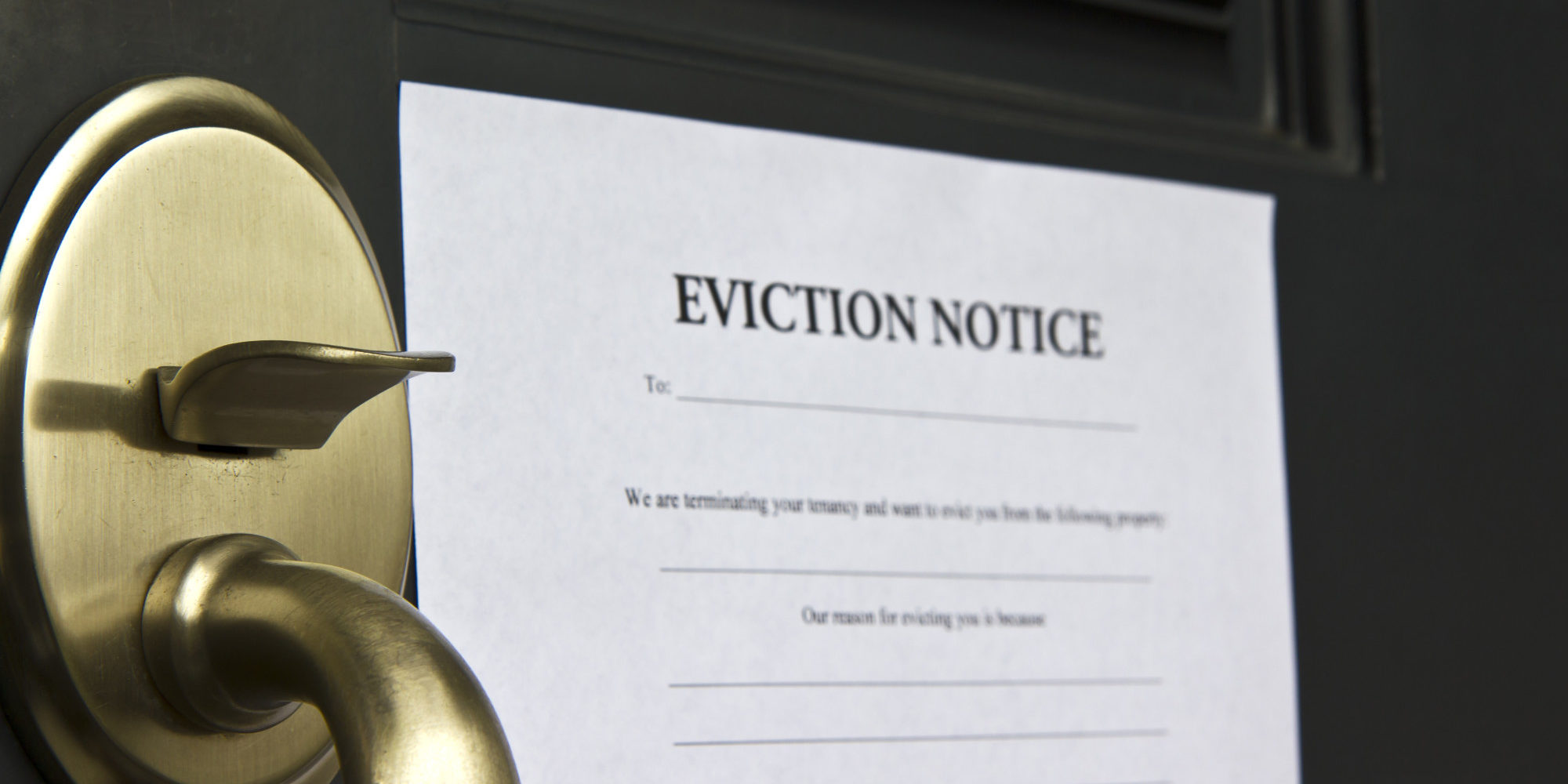There are many different types of notices that landlords serve tenants, depending on the reason for eviction. An eviction notice should be filed if the tenant did not follow terms of the lease, pay rent on time, or respond to the notices at the required intervals. The landlord begins the eviction court method by serving you an “unlawful detainer” eviction lawsuit. This is not an entire list, but the most common notices to vacate are:
- 3-day notice to pay or vacate the property
- 10-day notice to consent the terms of the rental agreement or vacate
- 3-day notice for waste or nuisance
- 30-day notice to terminate occupancy (it is also known as a “no cause” notice)
These notices are indicators that the landlord goes to initiate an unlawful detainer action against you if you do not respond at intervals to the deadline. According to C.C.P 1162, the landlord should try personal service of the eviction notice (give it to the tenant personally) or the landlord could leave it with another person of appropriate age and discretion who resides there, or if nobody of proper age and preference is there, post it on the door, provided it is conjointly sent by mail. If the notice is announced on the door and sent in the mail, do not count the day it had been served. Weekends are enclosed in the notice days. Your landlord could in person deliver the notice to you. It does not have to be provided by the sheriff officer or notarized to be valid.
According to the Code of Civil Procedure 1161, a tenant could take proceedings, just like those prescribed during this chapter, to get possession of the premises to let to a subtenant or held by a servant, employee, agent, or licensee, just in case of his or her unlawful detention of the premises underlet to him or her or held by him or her.
There could also be a short time at the beginning of the eviction during which tenants will negotiate directly with their landlord to prevent the eviction. It is vital that any agreement you come to along with your landlord be in writing signed and dated by each party if possible.
Three Day Pay or Quit Notice
To win in court against eviction for non-payment of rent, the tenant should be able to establish that they do not owe the rent the landlord is attempting to gather. A 3-day pay or quit notice does not mean that you merely should vacate the premises at intervals of three days. Eviction may be a court method, and your landlord not have you removed from the premises until a judicial writ has been issued. There are only a few ways in which to prevent eviction for non-payment of rent, if you owe the money, besides paying your rent fully within the three-day timeframe. RCW 59.18.063 requires the landlord to give a receipt for all money payments. A landlord should settle for the rent payment if it is created entirely and paid at intervals the three-day timeframe, and will not be able to proceed with the eviction.
If the tenant makes a partial payment or does not pay within three days, the landlord should be able to proceed with an eviction. Some landlords will not settle for any money until the court method is complete.
Perpetually place paying your rent above other expenses. There are not any exceptions in the law for people with young children or people that have lost their jobs or are met with the different sudden loss of financial gain or personal tragedies. The law does not permit tenants to withhold rent due to unmade repairs (except in limited cases), complaints against the landlord, or cash the landlord owes them.
Landlords must store any personal property of the tenant’s that is still within the unit when the judicial writ of possession has been enforced if they receive a written request from the tenant within three days of when the writ has been issued. The tenant can be held accountable to get the prices of storage and trackage of their property.





















